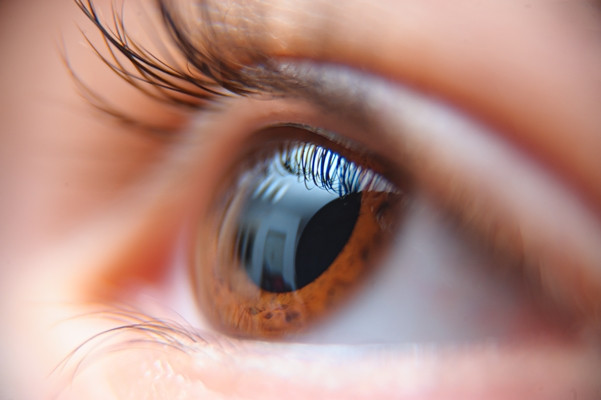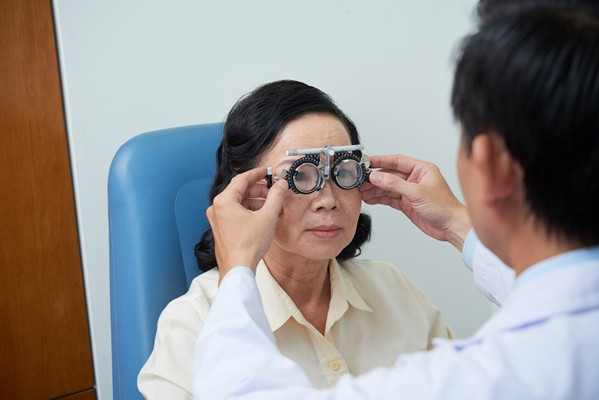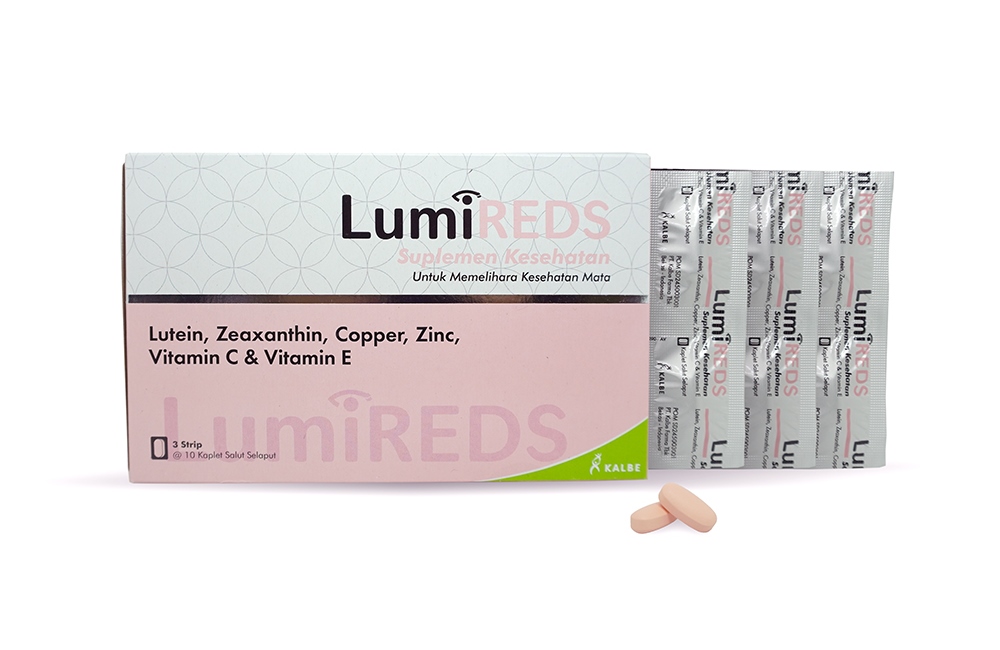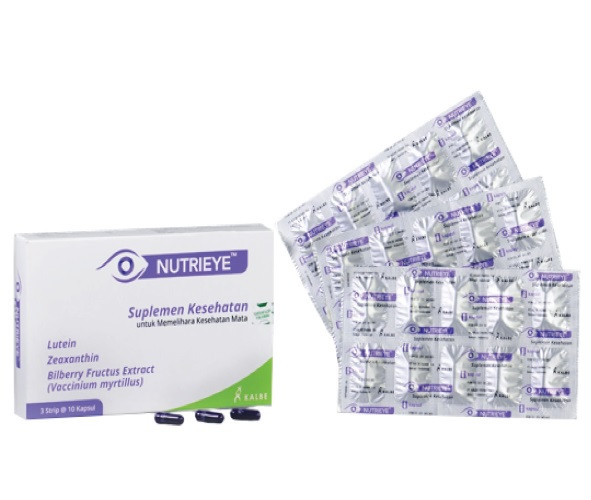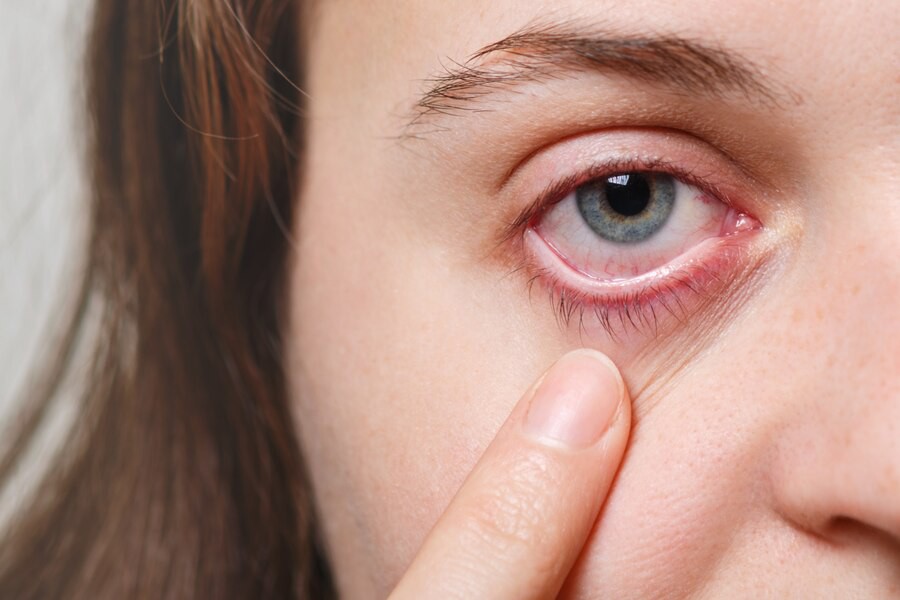
Macular Pigment Optical Density (MPOD) adalah pengukuran kadar Lutein+Zeaxanthin pada makula. MPOD diukur dengan nilai Optical Density Units, dengan nilai antara 0 sampai 1. Sebuah meta-analisis tahun 2020 telah membuktikan bahwa peningkatan nilai MPOD berbanding lurus dengan peningkatan fungsi visual berupa: Contrast sensitivity, photostress recovery dan glare disability. Namun, timbul pertanyaan, berapa dosis suplementasi Lutein dan Zeaxanthin yang ideal untuk meningkatkan MPOD?
dr Wilson dan tim dari USA melakukan sebuah meta-analisis yang dipublikasi di jurnal Advances in Nutrition tahun 2021, yang mengevaluasi efektivitas berbagai dosis suplementasi Lutein+Zeaxanthin untuk meningkatkan macular pigment optical density (MPOD). Didapatkan 38 uji klinik yang melibatkan individu dewasa dengan mata yang sehat. Durasi uji klinik berkisar antara 3 bulan sampai 12 bulan.
Hasil studi ini didapatkan bahwa, suplementasi Lutein dan Zeaxanthin <5 mg/hari tidak meningkatkan rerata MPOD secara bermakna. Suplementasi Lutein dan Zeaxanthin 5 sampai <20 mg/hari efektif meningkatkan rerata MPOD secara bermakna sebesar 0,04 Unit (95% CI: 0,02 sampai 0,07). Suplementasi Lutein dan Zeaxanthin >20 mg/hari efektif meningkatkan rerata MPOD secara bermakna sebesar 0,11 Unit (95% CI: 0,06 sampai 0,16).
Suplementasi Lutein dan Zeaxanthin 5 mg atau lebih per hari, secara bermakna meningkatkan macular pigment optical density (MPOD). Peningkatan MPOD diketahui berbanding lurus dengan peningkatan fungsi visual berupa: contrast sensitivity, photostress recovery, dan glare disability.
Image: Ilustrasi (sumber: user18526052 - freepik.com)
Referensi:
1. Johnson EJ, Avendano EE, Mohn ES, Raman G. The association betweenmacular pigment optical density and visual function outcomes: a systematic review and meta-analysis. Eye . 2020.
2. Wilson LM, Tharmarajah S, Jia Y, Semba RD, Schaumber DA, Robinson KA. The Effect of Lutein/Zeaxanthin Intake on Human Macular Pigment Optical Density: A Systematic Review and Meta-Analysis. Adv Nutr 2021;12:2244–2254.





